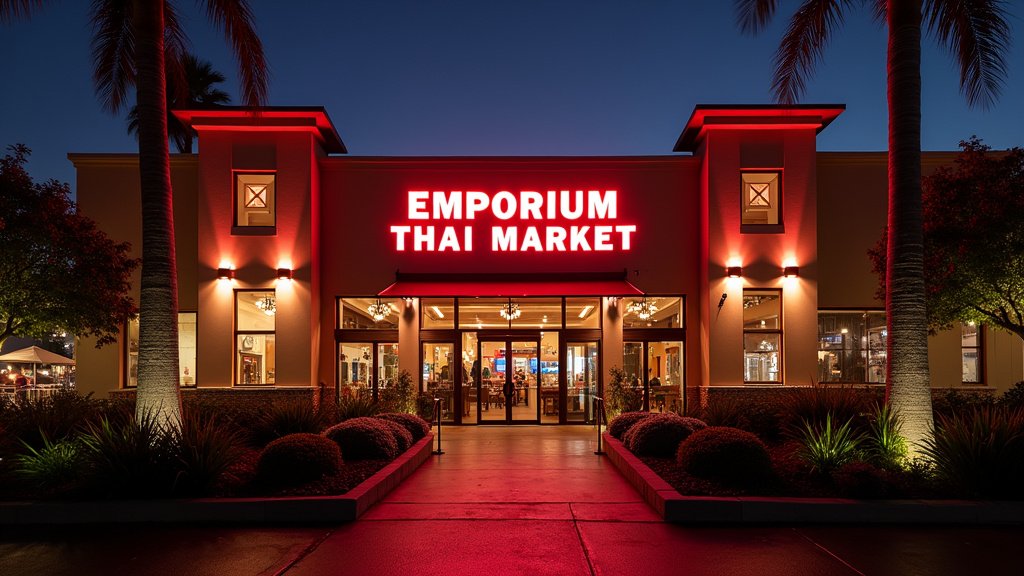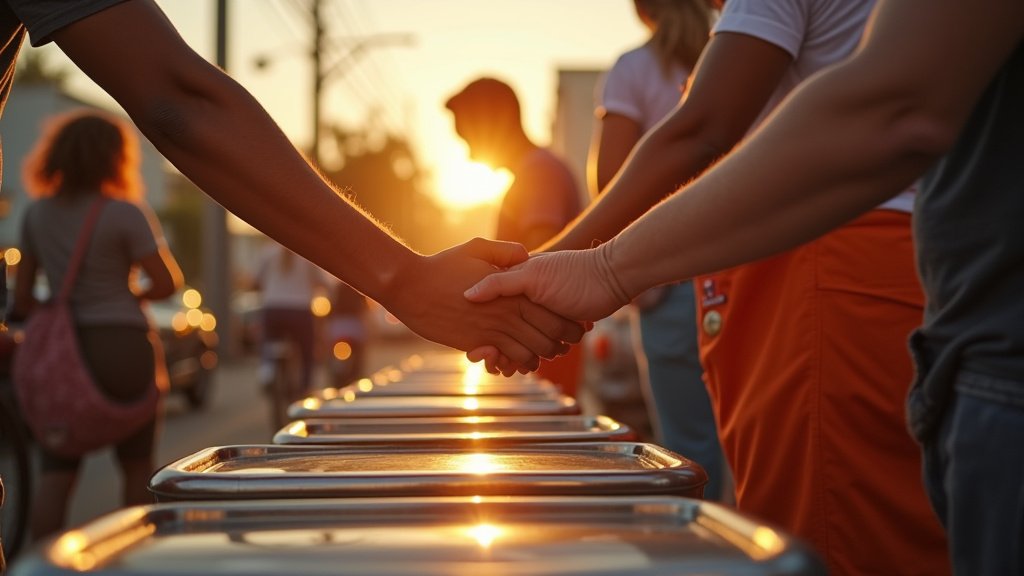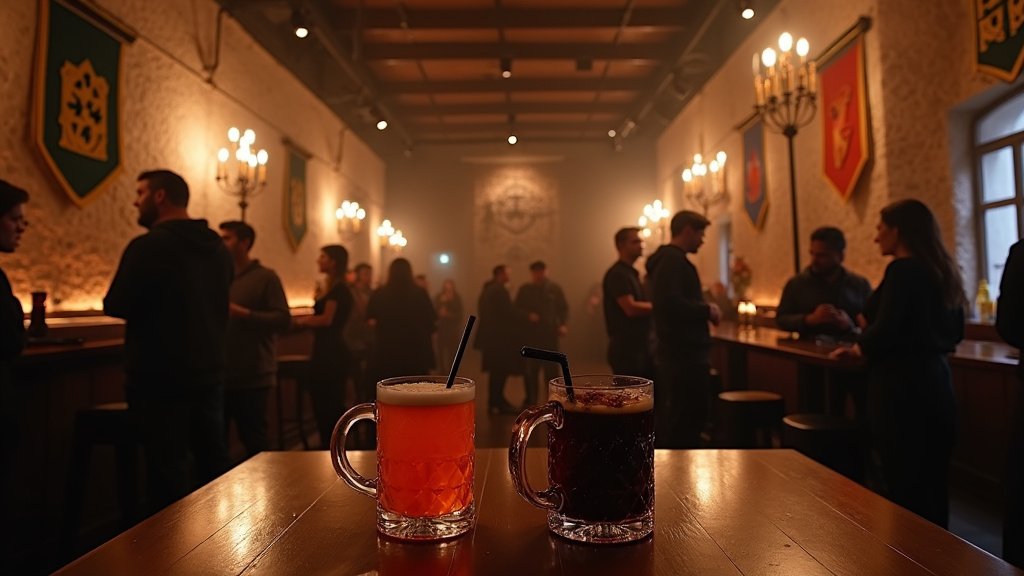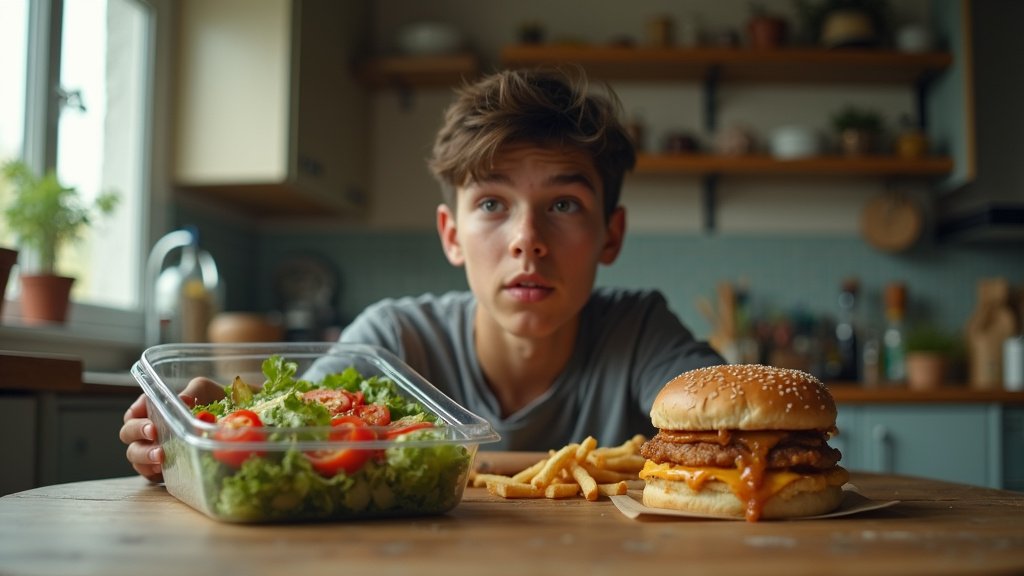Downtown Los Angeles’ vibrant culinary scene is showing initial signs of recovery as restaurants navigate a return to regular business operations following the lifting of a recently enacted curfew. The measure, imposed by Mayor Karen Bass, aimed to quell unrest but significantly impacted the area’s hospitality sector.
The curfew was a direct response to demonstrations and associated unrest stemming from protests over specific President Trump’s immigration policies and related ICE raids. This period of civil disturbance disproportionately affected areas within Downtown Los Angeles, particularly the historic neighborhood of Little Tokyo, where many storefronts were temporarily boarded up as a precautionary measure against potential damage.
Impact on the Downtown Dining Landscape
The imposition of the curfew and the climate of uncertainty surrounding the protests created significant challenges for local eateries, many of which rely heavily on evening and late-night foot traffic and reservations. The perception of instability in the area led to a sharp decline in business, highlighting the vulnerability of the restaurant industry to external shocks.
One stark example of this impact is Kato, the acclaimed tasting menu restaurant located in the Arts District. Led by Jon Yao, Ryan Bailey, and Nikki Reginaldo, Kato has garnered national attention, including being named No. 1 on the L.A. Times 101 List three times. Chef Jon Yao was recently honored with a prestigious James Beard Award for best chef in California. Despite its critical success, the restaurant experienced a devastating 80% loss in reservations during the first week affected by the unrest and a subsequent 70% drop the following week, illustrating the severe financial blow dealt by the disruptions and the challenging media portrayal of the downtown environment during that period.
Restaurants Reopen and Adapt
With the curfew now lifted, restaurateurs are cautiously optimistic about the prospect of rebuilding their businesses and welcoming diners back. Several key establishments are resuming their full dinner services, signaling a move towards normalcy.
Lasita, a popular Filipino rotisserie and wine bar nestled in Chinatown, is among the businesses that have reopened their doors for evening service. The return of dinner operations at venues like Lasita is crucial for re-establishing the rhythm of the downtown dining scene.
Similarly, Rossoblu, the celebrated Italian restaurant helmed by Steve and Dina Samson, has returned to its permanent location in the Fashion District. Rossoblu had temporarily relocated its operations as a pop-up in Playa Vista during the period of downtown uncertainty, underscoring the lengths some businesses had to go to maintain operations during the challenging times.
A History of Resilience
The recent hurdles are not isolated incidents for Los Angeles restaurants. The industry has faced a series of unprecedented challenges in recent years, including the profound and prolonged impact of the COVID-19 pandemic, the economic fallout from the Hollywood writers’ strikes which reduced activity and spending in the entertainment-centric city, and even localized disasters such as fires. Each event has tested the resilience and adaptability of restaurant owners and their staff.
The current situation in Downtown Los Angeles represents the latest chapter in this ongoing struggle, but the reopening of establishments like Lasita and Rossoblu, and the determination of places like Kato to recover, suggest a strong desire within the community to bounce back.
Looking Ahead
The lifting of the curfew marks a critical step in the recovery process for Downtown Los Angeles businesses. While the immediate threat of disruption has receded, the economic impact, as evidenced by the significant reservation losses at businesses like Kato and the temporary displacement of others like Rossoblu, will take time to overcome. The return of diners is essential for the long-term health of this vital part of the city’s economy. For those with downtown Los Angeles dining reservations, the message from restaurateurs is clear: it is safe to return and support local businesses.





